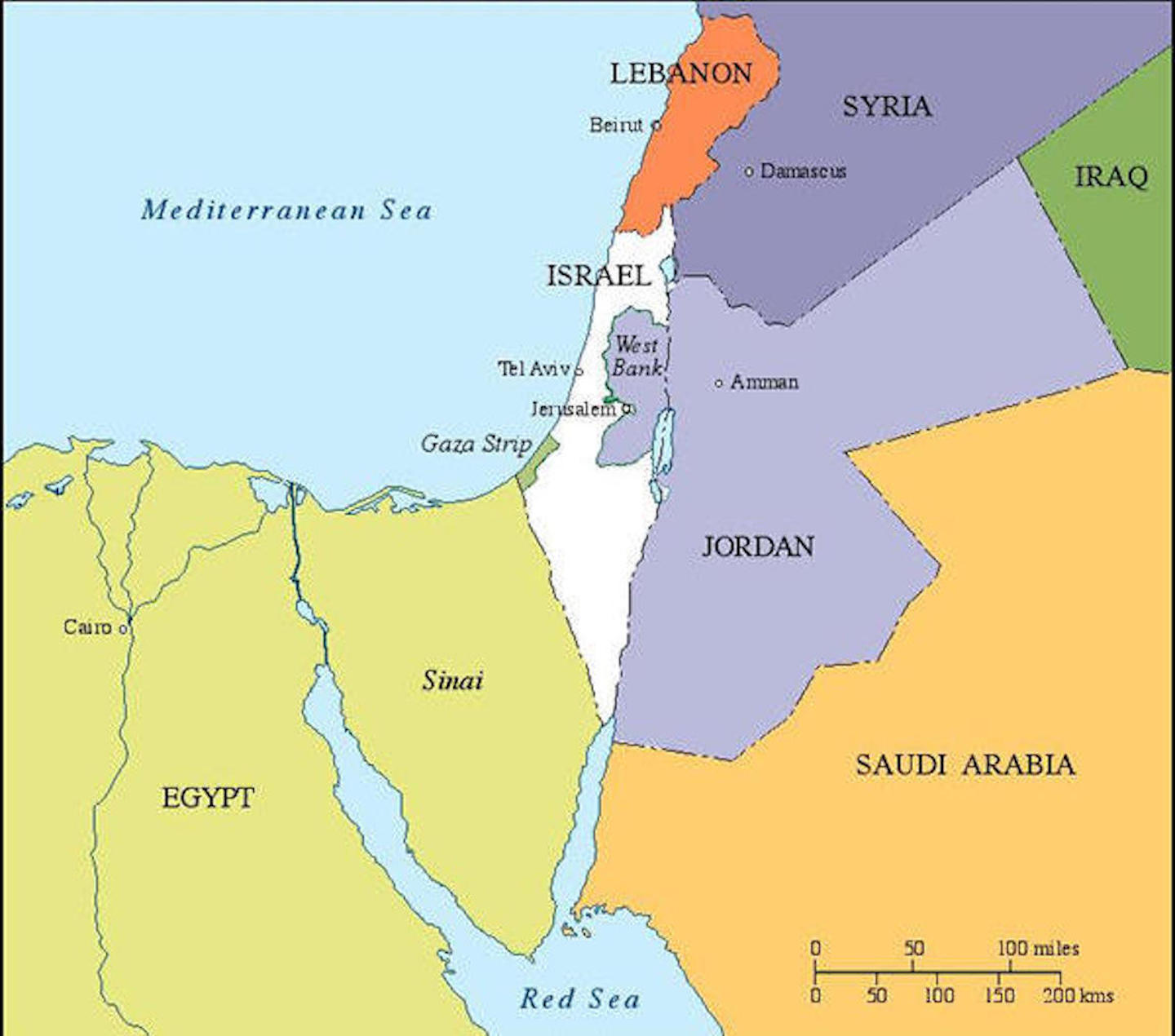Current Time in Israel

Israel currently observes Israel Daylight Time (IDT), which is three hours ahead of Coordinated Universal Time (UTC). This means that when it is 12:00 PM in UTC, it is 3:00 PM in Israel.
The Difference Between Israel Standard Time and Israel Daylight Time, Israel time right now
Israel Standard Time (IST) is the time zone used in Israel during the winter months. It is two hours ahead of UTC. Israel Daylight Time (IDT) is the time zone used in Israel during the summer months. It is three hours ahead of UTC. The transition between IST and IDT occurs on the Friday before the last Sunday in March, when clocks are moved forward one hour. The transition back to IST occurs on the Friday before the last Sunday in October, when clocks are moved back one hour.
Reasons for Israel’s Time Zone
Israel’s time zone has a rich history. The decision to adopt a time zone that is three hours ahead of UTC was made in 1948, following the establishment of the State of Israel. This decision was based on several factors, including:
- Alignment with Europe: Israel’s time zone aligns with the time zones of its major trading partners in Europe, making it easier for businesses to conduct transactions and communicate across time zones.
- Historical Connections: Historically, Israel had strong connections with the Ottoman Empire, which used a time zone similar to IST. This historical connection may have influenced the initial choice of time zone.
- Strategic Considerations: During the early years of the State of Israel, the country was involved in numerous conflicts. The decision to adopt a time zone that was aligned with its neighbors in the Middle East may have been a strategic consideration.
Time Zones in Israel

Israel, a country located in the Middle East, uses a single time zone, Israel Standard Time (IST), throughout the year. However, it is important to note that Israel has historically used multiple time zones, and there are still some instances where different time zones are used for specific purposes.
Time Zones in Israel
Israel’s current time zone, Israel Standard Time (IST), is a standard time zone that is used year-round. IST is three hours ahead of Coordinated Universal Time (UTC), meaning that when it is 12:00 PM in UTC, it is 3:00 PM in Israel.
Reasons for Multiple Time Zones in Israel
The use of multiple time zones in Israel has been a topic of discussion for many years. The main reason for this is the country’s geographical location, which straddles the border between Europe and Asia. This has led to some debate about whether Israel should align its time zone with Europe or Asia.
Comparison with Neighboring Countries
Israel’s time zone is similar to those used in neighboring countries such as Jordan, Lebanon, and Syria. However, it is important to note that these countries do not necessarily use the same time zone year-round. For example, Jordan uses a standard time zone that is two hours ahead of UTC during the summer months, but switches to a standard time zone that is three hours ahead of UTC during the winter months.
Time-Related Events in Israel: Israel Time Right Now

Time in Israel is not merely a measurement; it’s intricately woven into the fabric of the nation’s history, culture, and daily life. From the influence of ancient calendars to the adoption of daylight saving time, Israel’s relationship with time has been shaped by significant events and cultural nuances.
Impact of Daylight Saving Time
Daylight Saving Time (DST) in Israel is a modern phenomenon that has significantly impacted the country’s timekeeping practices. Israel adopted DST in 1980, shifting its clock forward by one hour during the summer months. This change was intended to maximize daylight hours and conserve energy. The implementation of DST has resulted in a noticeable shift in daily routines, particularly for businesses and public services.
Timeline of Events Influencing Israel’s Time Zone
The history of Israel’s time zone is marked by a series of events that have shaped its current timekeeping system.
- Ancient Times: Israel’s ancient calendar, based on lunar cycles, played a significant role in shaping the country’s timekeeping practices. This calendar, which predates the modern Gregorian calendar, was used for religious and agricultural purposes.
- Ottoman Era: During the Ottoman rule, Israel adopted the Ottoman time zone, which was based on the time in Istanbul. This period saw the introduction of standardized timekeeping across the region.
- British Mandate: Under the British Mandate, Israel transitioned to the British time zone, which was based on Greenwich Mean Time (GMT). This shift marked a significant change in Israel’s timekeeping system, aligning it with international standards.
- Independence and the Establishment of IST: After gaining independence in 1948, Israel established its own time zone, Israel Standard Time (IST), which is two hours ahead of GMT. This decision reflected Israel’s desire to establish its own identity and timekeeping system.
- Adoption of Daylight Saving Time: In 1980, Israel adopted Daylight Saving Time (DST), shifting its clock forward by one hour during the summer months. This change was intended to maximize daylight hours and conserve energy.
Time and Culture in Israel
Time in Israel is often perceived differently than in other cultures. The concept of “Israeli time” is a colloquial term that reflects a more relaxed and flexible approach to timekeeping.
“Israeli time” is a cultural phenomenon that embodies a relaxed and flexible approach to timekeeping.
This cultural nuance is evident in various aspects of Israeli life, from social gatherings to business meetings. It is important to understand this cultural aspect to avoid misunderstandings and ensure smooth interactions with Israelis.
Israel time right now – As the sun sets over Jerusalem, casting long shadows across the ancient city, the clock ticks forward in Israel, a constant reminder of the time that passes, and the time that remains. But this peaceful image is often shattered by the echoes of conflict, a history that stretches back decades.
The tensions between Iran and Israel, fueled by a complex web of political and ideological differences, are a constant source of worry, a stark reminder of the fragility of peace. The history of these tensions, a story of mistrust and animosity, can be found here.
Yet, even amidst the shadows of conflict, the people of Israel hold onto hope, hoping that time will bring healing and a future where peace prevails.
It’s a beautiful evening in Israel, the sun setting over the Mediterranean, casting a warm glow over the ancient city. But even as we enjoy the serenity, it’s important to remember that even in seemingly idyllic places, dangers can lurk unseen.
Just like the recent outbreak of Legionnaires’ disease in Lincoln, New Hampshire, lincoln nh legionnaires disease , a reminder that vigilance is crucial, even in the most unexpected places. So, as the day ends in Israel, let’s appreciate the moment, but also stay mindful of potential risks, always seeking information and taking necessary precautions.
